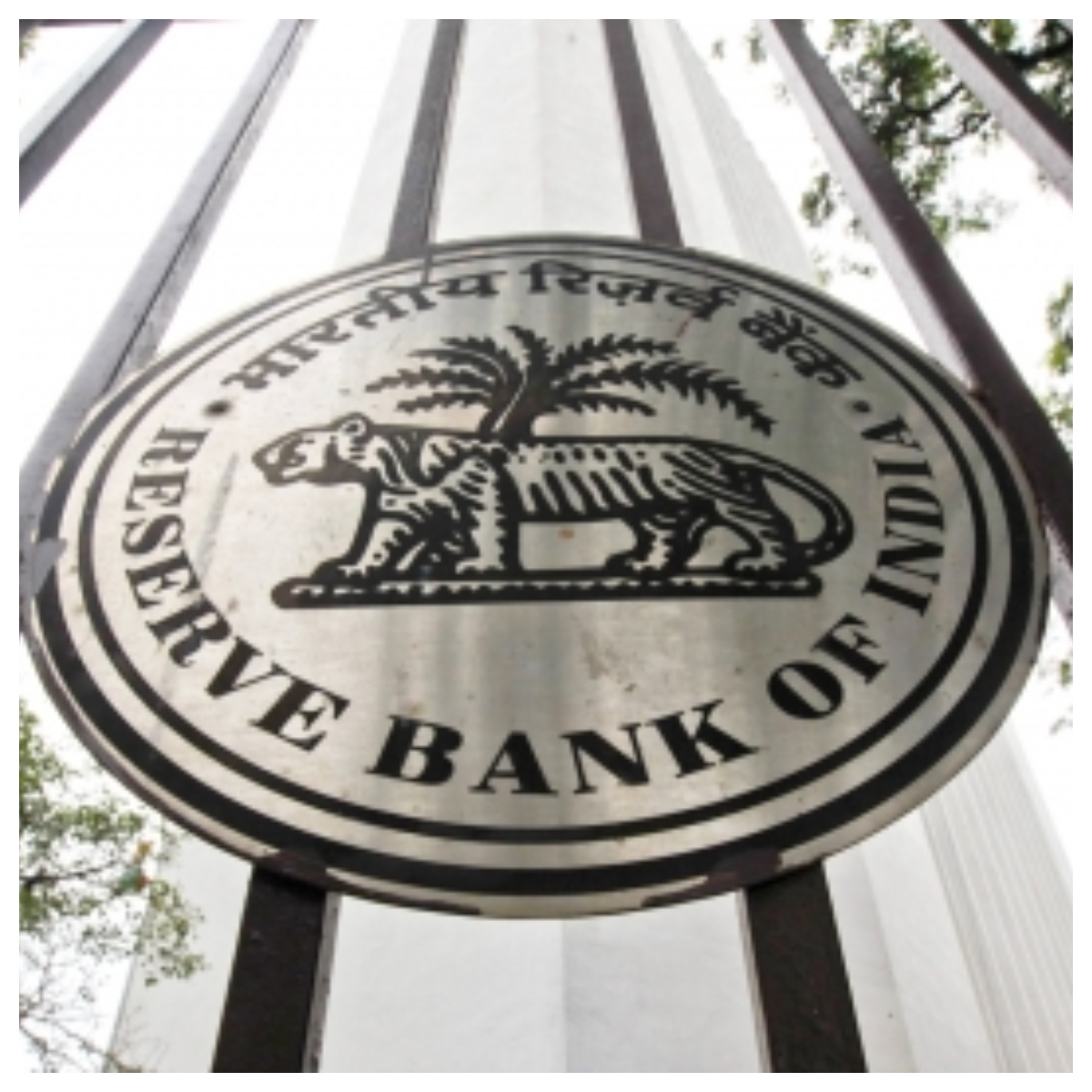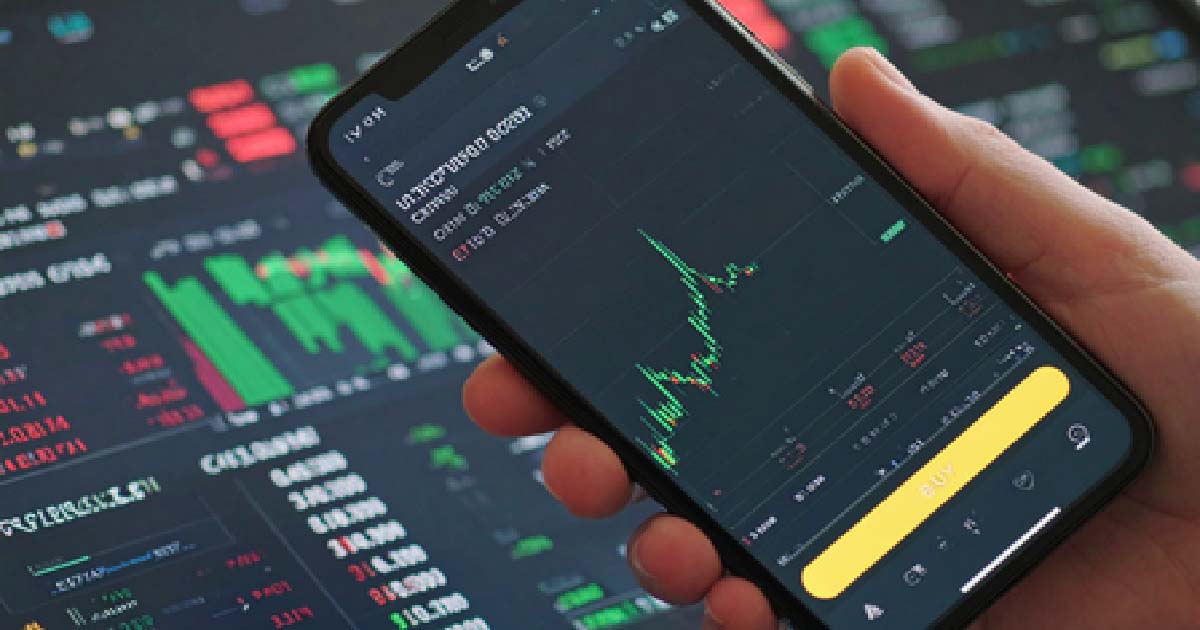Business
RBI may raise policy rates by 75 bps cumulatively in next 2 reviews: SBI Research

SBI Research expects the central bank, Reserve Bank of India (RBI), to raise key policy rates both in its June and August policy meeting by a cumulative 75 basis points.
Beyond August, rate actions might be more balanced and judicious and the terminal repo rate is expected to be at 5.15-5.25 per cent by FY23, it said.
This is tantamount to saying that the RBI should not increase the repo rate by more than 1.25 per cent for an incremental negative contribution to kick in.
Retail inflation surged to 7.79 per cent on yearly basis in April 2022, as compared to 6.95 per cent in March 2022, mainly on account of food price inflation.
Inflation prints are now likely to stay higher than 7 per cent till September, the SBI Research said in a report.
“Beyond September, inflation prints could hover between 6.5-7.0 per cent. Our FY23 inflation forecast is at 6.5 per cent, taking into account the possibility of an extended food price shock,” it said.
The Russia-Ukraine conflict has significantly impacted the trajectory of inflation.
The latest April inflation print shows wheat, protein items (chicken in particular), milk, lemon, cooked meal, chillies, refined oil, potato, chillies, kerosene, firewood, gold and LPG are contributing to overall inflation in a substantive manner.
Interestingly, inflation in protein items like chicken, mustard oil etc, softened in April.
However this might be an aberration, given that April was the month of Navratri and other religious festivals, it added.
Surprisingly, the contribution of petrol and diesel in overall inflation has been declining steadily since October 2021, while there is a steady increase in the weighted contribution of kerosene and firewood in headline inflation.
The significant increase in weighted contribution of kerosene perhaps reflects the impact of high fuel costs in rural areas. This does not augur well for rural demand.
“The weighted contribution of LPG has also increased, reversing a downward trend. This however, may be attributed to commercial usage of LPG.”
Besides, the report said the RBI may increase the CRR rate by another 100 bps, after raising it by 50 basis points recently.
The RBI can give back to the market at least 3/4th of the Rs 2.6 lakh crore absorbed through the CRR hike, or Rs 1.95 lakh crore, in some form to address duration supply.
It would lower the market borrowing to around Rs 12.36 lakh crore for FY23 compared to the Budget estimate of Rs 14.3 lakh crore, the report added.
Further, SBI research added that the fall of the rupee to new lows, with spiking volatility breaching the psychological levels of 77 augurs the uneasy situation, reflective of the turbulence in broader markets globally, and the limited choices before the central bank in managing the exchange rate, even with seemingly comfortable levels of forex reserves close to $600 billion.
“We don’t expect the rupee to breach the levels of 80 and instead show an appreciative bias over time,” it said.
Business
Sensex, Nifty open lower amid fresh concerns over US tariffs

Mumbai, Jan 9: The Indian benchmark indices posted mild losses early on Friday amid rising geopolitical tensions and renewed threats of 500 per cent US tariffs on Indian goods under the provisions of the Russia Sanctioning Act.
As of 9.29 am, Sensex slipped 107 points, or 0.13 per cent to 84,073 and Nifty eased 26 points, or 0.10 per cent to 26,850.
Main broad cap indices posted stronger losses compared to benchmark indices, with the Nifty Midcap 100 down 0.29 per cent, while the Nifty Smallcap 100 lost 0.84 per cent.
ONGC and Bharat Electronics were among top gainers on the Nifty pack. Nifty realty and media were the top losers, down 2.14 per cent and 1.34 per cent, respectively. All sectoral indices were trading in red, except IT and PSU Bank.
Immediate support lies at 25,700–25,750 zone, and resistance placed at 26,150–26,200 zone, market watchers said.
After the sharp correction on Thursday triggered by the possibility of about a 500 per cent tariff on India under the provisions of the Russia Sanctioning Act approved by US President Donald Trump, the market will be focused on the verdict, expected from the US Supreme Court on the legality of Trump tariffs, analysts said.
On Thursday, Nifty extended its losing streak for a fourth consecutive session, falling 263 points to close at 25,876.
Asia-Pacific markets traded mixed in the morning session as investors parsed China’s inflation data which accelerated in December to the fastest pace in nearly three years.
In Asian markets, China’s Shanghai index gained 0.3 per cent, and Shenzhen added 0.57 per cent, Japan’s Nikkei advanced 1.14 per cent, while Hong Kong’s Hang Seng Index dipped 0.07 per cent. South Korea’s Kospi advanced 0.69 per cent.
The US markets were mostly in the green zone overnight even as Nasdaq lost 0.44 per cent. The S&P 500 gained 0.01 per cent, and the Dow moved up 0.55 per cent.
On January 8, foreign institutional investors (FIIs) sold net equities worth Rs 3,367 crore, while domestic institutional investors (DIIs) were net buyers of equities worth Rs 3,701 crore.
Business
Delhi HC stays order requiring second review of RBI Ombudsman complaints

New Delhi, Jan 8: The Delhi High Court on Thursday stayed a single-judge direction that required the Reserve Bank of India (RBI) to institute a second level of human review for consumer complaints dismissed by its banking ombudsman.
A division bench of Chief Justice D.K. Upadhyaya and Justice Tejas Karia passed the interim order on an appeal filed by the RBI against a ruling delivered by Justice Prathiba M. Singh, which required such reviews to be conducted by legally trained professionals, including retired judicial officers or lawyers with a minimum of ten years’ experience.
While staying the impugned directions, the CJ Upadhyaya-led Bench observed that, prima facie, it found force in the submissions advanced on behalf of the RBI.
“Accordingly, we provide that the directions contained in paragraph 47(5) and 48 of the impugned judgment by the learned single judge dated November 27, 2025, shall remain stayed,” it ordered.
The bench also stayed the single-judge’s direction requiring the RBI Deputy Governor to submit a compliance affidavit by January 15, 2026. The matter has now been scheduled for further hearing on March 17.
Appearing for the RBI, Solicitor General of India Tushar Mehta submitted that the single judge had travelled beyond the permissible scope of judicial review under Article 226 of the Constitution.
The Centre’s second-highest law officer submitted that the Reserve Bank-Integrated Ombudsman Scheme, 2021, is a statutory scheme framed under Section 35A of the Banking Regulation Act and Section 18 of the Payment and Settlement Systems Act, and can be altered or modified only by authorities empowered under those enactments.
In her November 27, 2025, ruling, Justice Prathiba M. Singh had expressed concern over complaints being rejected through “system-generated responses” and held that the Ombudsman Scheme must be “an effective Scheme and not a mere toothless division of the RBI”.
The judgment was delivered in a writ petition filed by advocate Sarwar Raza, who had approached the Delhi High Court alleging harassment and wrongful rejection of his complaints by the RBI Ombudsman following a disputed credit card transaction of Rs 76,777.
The single-judge Bench had directed the RBI to ensure that customer complaints are not rejected merely through a mechanised process and that complainants should be given an opportunity to correct minor errors.
It had further ordered that whenever complaints are finally rejected, they must undergo a second level of human supervision by legally trained personnel, observing: “If the complaint redressal mechanism adopted by the Ombudsman is made more effective and efficient, litigation in courts and consumer forum/s can be reduced considerably.”
Business
Sensex, Nifty end lower as India-US trade tension spook investors

Mumbai, Jan 8: Indian equity markets witnessed their sharpest fall in a month on Thursday as benchmark indices extended losses for the fourth straight session, weighed down by rising concerns over India–US trade tensions.
Investor sentiment turned cautious after reports suggested that the administration of US President Donald Trump could consider imposing steep tariffs of up to 500 per cent on Indian goods.
The possibility of such harsh trade measures triggered widespread selling across sectors, leading to broad-based risk aversion in the market.
By the end of the session, the Sensex closed at 84,180.96, slipping 780.18 points or 0.92 per cent.
The Nifty also ended lower at 25,876.85, down 263.9 points or 1.01 per cent.
“A sustained close below 25,900 increases the probability of further downside toward the 25,800–25,700 zone, while a recovery above 26,000 is essential to stabilise near-term sentiment,” an analyst said.
“Despite the current correction, the broader weekly and monthly trend structure remains positive, although short-term corrective pressure may persist if key supports fail to hold,” as per the expert.
On Sensex 30-packs, TCS, TechM, L&T, Reliance Industries and Tata Steel were among the top losers.
On the other hand, Eternal, ICICI Bank, Bajaj Finance, and BEL were the only gainers.
The selling pressure was even more pronounced in the broader market. Mid- and small-cap stocks saw sharp declines, with the Nifty Midcap 100 and Nifty Smallcap 100 indices falling nearly 2 per cent each.
Sector-wise, losses were widespread, with all indices ending in the red. Metal stocks bore the brunt of the sell-off as the Nifty Metal index dropped over 3 per cent.
Oil and gas stocks also remained under pressure, with the Nifty Oil and Gas index falling around 2.8 per cent.
PSU banking and IT stocks were among the other major laggards, declining about 2 per cent each.
Analysts said that the market mood remained cautious as investors grappled with global trade uncertainties and the potential impact of rising tariffs on India’s export-driven sectors.
-

 Crime3 years ago
Crime3 years agoClass 10 student jumps to death in Jaipur
-

 Maharashtra1 year ago
Maharashtra1 year agoMumbai Local Train Update: Central Railway’s New Timetable Comes Into Effect; Check Full List Of Revised Timings & Stations
-

 Maharashtra1 year ago
Maharashtra1 year agoMumbai To Go Toll-Free Tonight! Maharashtra Govt Announces Complete Toll Waiver For Light Motor Vehicles At All 5 Entry Points Of City
-

 Maharashtra1 year ago
Maharashtra1 year agoFalse photo of Imtiaz Jaleel’s rally, exposing the fooling conspiracy
-

 National News1 year ago
National News1 year agoMinistry of Railways rolls out Special Drive 4.0 with focus on digitisation, cleanliness, inclusiveness and grievance redressal
-

 Maharashtra1 year ago
Maharashtra1 year agoMaharashtra Elections 2024: Mumbai Metro & BEST Services Extended Till Midnight On Voting Day
-

 National News1 year ago
National News1 year agoJ&K: 4 Jawans Killed, 28 Injured After Bus Carrying BSF Personnel For Poll Duty Falls Into Gorge In Budgam; Terrifying Visuals Surface
-

 Crime1 year ago
Crime1 year agoBaba Siddique Murder: Mumbai Police Unable To Get Lawrence Bishnoi Custody Due To Home Ministry Order, Says Report




















